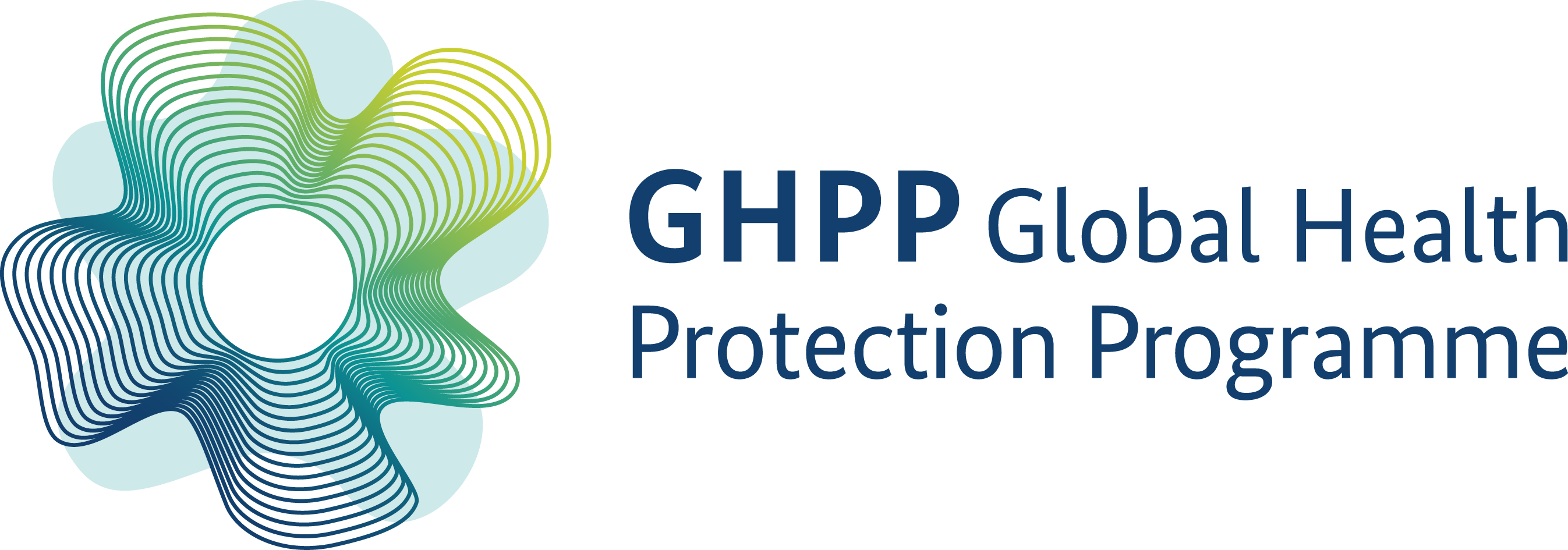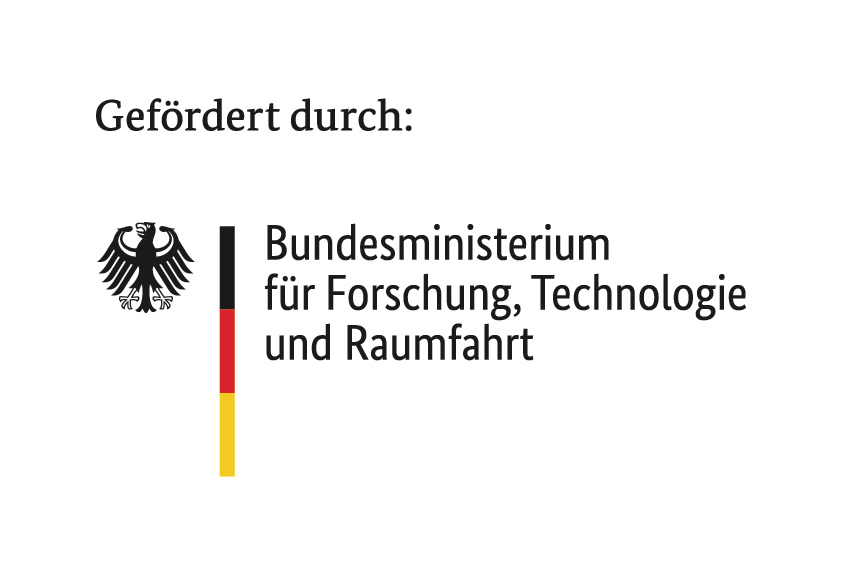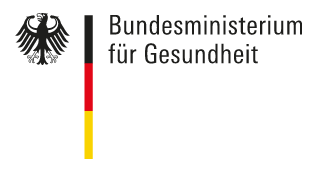Our Research Projects
Overview
“One Health” is a collaborative, multisectoral, and transdisciplinary approach — working at the local, regional, national, and global levels — with the goal of achieving optimal health outcomes recognizing the interconnection between people, animals, plants, and their shared environment” (CDC.gov)
Bacterial infectious diseases are common medical problems in developing countries. Due to limited diagnostic facilities, the causative agents and sources of infection, as well as modes of transmission, often remain unidentified. Empiric treatment is a common practice, fostering the emergence of antibiotic resistance and leading to difficult-to-treat infections. Due to the absence of effective monitoring, knowledge of circulating bacterial strains, their reservoirs and how these change over time, is limited.
Because of our close connection with animals, particularly in developing countries, human infections are often zoonoses. Pathogens can be transmitted to humans through direct contact or through food, water or the environment. Overuse of antibiotics in animal husbandry has significantly contributed to the increase of multidrug resistant bacteria, found both in animals and humans.
Bacteria can also survive for extended periods in the environment. For example, in water, in soil, and of particular concern for human health, in the hospital environment. They are capable of adapting to different environments.
Our research interests cover the generation and comparison of bacteriological data from humans, animals and the environment in countries with limited resources. A special focus is on transmission and the identification of reservoirs of antibiotic resistant bacteria in rural areas of sub-Saharan African countries. Our activities will support and guide patient management and public health measures.













